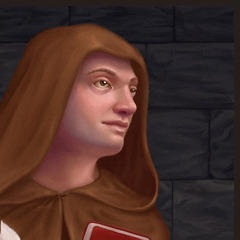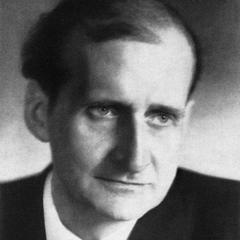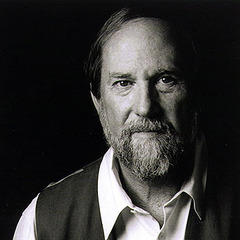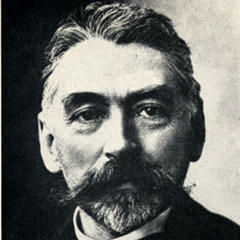William Wordsworth Quotes - Page 17
'It is not to be thought of' (1807)
Miss not the occasion; by the forelock take that subtle power, the never-halting time.
William Wordsworth (1864). “The Select Poetical Works of William Wordsworth”, p.392
'A slumber did my spirit seal' (1800)
William Wordsworth (1859). “The Poetical Works of William Wordsworth, Etc”, p.338
William Wordsworth (1848). “The Complete Poetical Works of William Wordsworth: Together with a Description of the Country of the Lakes in the North of England”, p.345
Two voices are there; one is of the sea, One of the mountains: each a mighty Voice.
'Two Voices are there' (1807)
The silence that is in the starry sky, / The sleep that is among the lonely hills.
'Song at the Feast of Brougham Castle' (1807)
William Wordsworth (1994). “The Collected Poems of William Wordsworth”, p.404, Wordsworth Editions
William Wordsworth (1847). “The Poems of William Wordsworth”, p.171
William Wordsworth (1994). “The Collected Poems of William Wordsworth”, p.160, Wordsworth Editions
William Wordsworth (1848). “The Complete Poetical Works of William Wordsworth: Together with a Description of the Country of the Lakes in the North of England”, p.74
William Wordsworth (1994). “The Collected Poems of William Wordsworth”, p.632, Wordsworth Editions
William Wordsworth (2013). “Delphi Complete Works of William Wordsworth (Illustrated)”, p.1983, Delphi Classics
William Wordsworth (1847). “The Poems of William Wordsworth”, p.236
Bliss it was in that dawn to be alive But to be young was very heaven.
"The French Revolution, as It Appeared to Enthusiasts" l. 4 (1809). The same lines appear in Wordsworth's The Prelude, bk. 9, l. 108 (1850).
1798 'The Tables Turned', stanza 3.
William Wordsworth (1837). “The Complete Poetical Works of William Wordsworth: Together with a Description of the Country of the Lakes in the North of England, Now First Published with His Works ...”, p.349
The intellectual power, through words and things, Went sounding on a dim and perilous way!
'The Excursion' (1814) bk. 3, l. 700
The harvest of a quiet eye, That broods and sleeps on his own heart.
'A Poet's Epitaph' (1800)
He murmurs near the running brooks A music sweeter than their own.
William Wordsworth (1828). “The Poetical Works”, p.227
Tis said, fantastic ocean doth enfold The likeness of whate'er on land is seen.
William Wordsworth (1849). “The poetical works of William Wordsworth”, p.121
William Wordsworth (1849). “The Poems of William Wordsworth”, p.339
William Wordsworth (1837). “The Complete Poetical Works of William Wordsworth: Together with a Description of the Country of the Lakes in the North of England, Now First Published with His Works ...”, p.388
William Wordsworth (1985). “William Wordsworth: The Pedlar, Tintern Abbey, the Two-Part Prelude”, p.39, Cambridge University Press







